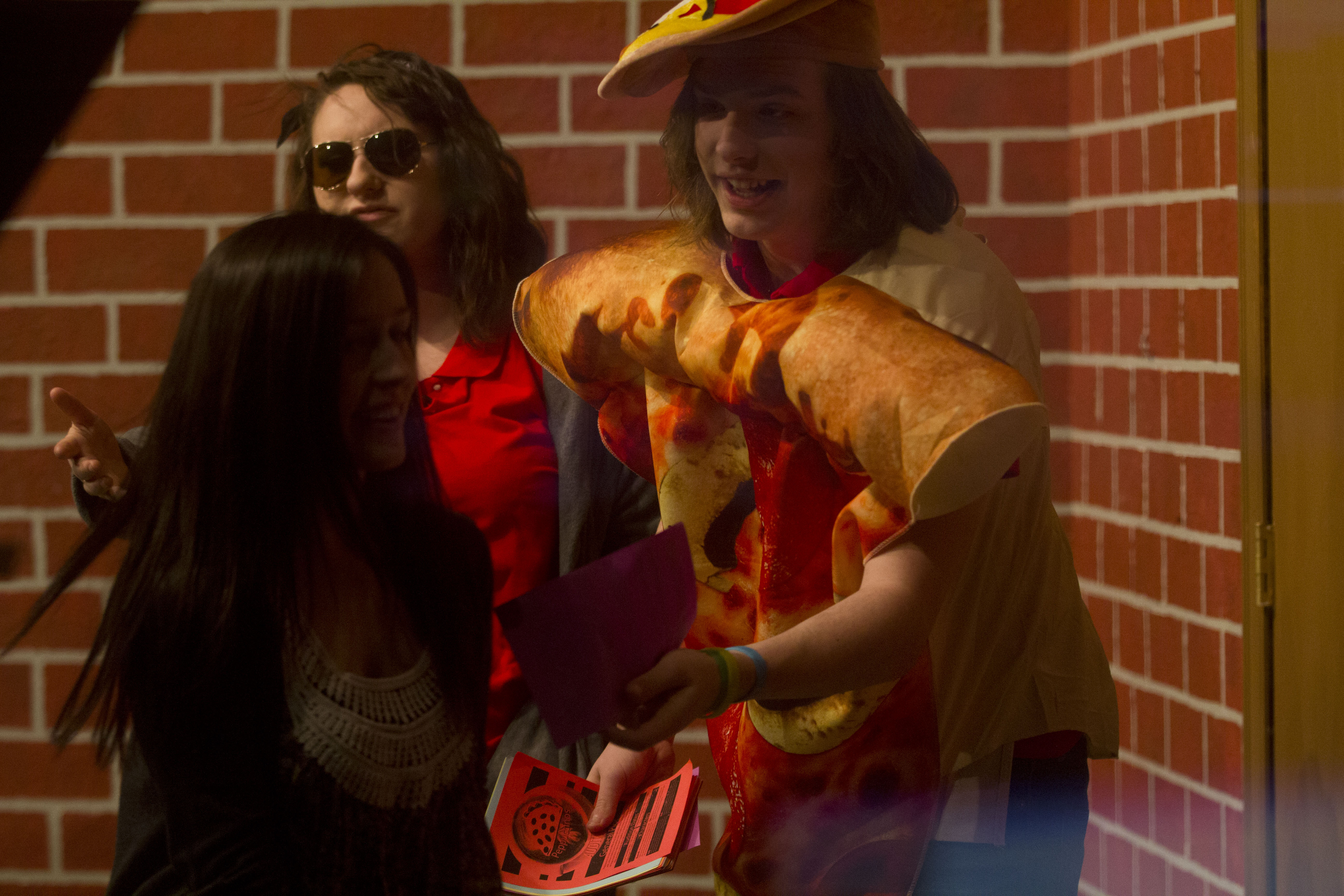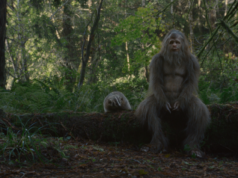This review is dedicated to my seventh-grade English teacher, who told her class one day that bullied students deserved no pity because they were too weak to stand up for themselves. This is the guidance I was getting as a small kid with glasses, braces, and asthma who, even if none of those things had been true, would have still been a poor candidate for fighting back when the school’s best athlete decided that it was a fun activity to throw garbage at me and push me into lockers. So thank you, Mrs. Aycock. You were so sure you were right, too. This is the culture that Bully is trying to change, to which I say “Bravo!” and also “Where were you when I was in seventh grade?”
Yet for all that, I can’t help but notice that the movie isn’t very good.
It’s directed by Lee Hirsch, who made the 2002 documentary Amandla!, about South African music under apartheid. The subjects include three kids: Alex, an Iowa boy who’s small due to being born prematurely and whose trips on the school bus are the stuff of nightmare; Kelby, a girl in Oklahoma who’s ostracized because she’s obviously gay; and Ja’Meya, a girl in Mississippi who responded to the threats against her by bringing a gun to school. The adult subjects include the Longs of Georgia and the Smalleys of Oklahoma, parents whose sons committed suicide after being bullied.
The movie treats us to a string of school officials who throw their hands up and proclaim either that there is no problem or that they are powerless to change student behavior. Had these scenes turned up in a scripted drama, you’d dismiss them as caricatures. Presumably the teachers and administrators know that they’re being filmed, and yet they seem to go out of their way to make themselves look weak and ineffective.
Hard-hitting though that is, this documentary leaves too many nagging questions. Why are all these subjects from rural areas? Is bullying somehow less of a problem in big cities or suburbs? (I’m not being rhetorical here. Is it? How would you even measure that?) The segments with the bereaved parents are problematic. Teenagers do kill themselves, and undoubtedly some of them do so because they’re bullied, but many others are motivated by a complex set of causes. I can’t help but wonder if these grieving parents have fixated on a single thing and ignored other possible contributing factors. I can’t say for sure because the movie doesn’t give much psychological insight into them or any of its other subjects. Kelby jokes about being protected by her “four-foot-ten girlfriend” (a cute bespectacled girl who will become cuter still once she gets her braces off), but we never hear about what happens to this girl or what it’s like being her or even what her name is. That’s just sloppy filmmaking.
Moreover, the movie gives us nothing at all on the bullies themselves and why they do what they do. Though it clearly wants to weigh in on an issue of the moment, a great many recent fiction films have addressed this same subject in fuller and richer terms: the Harry Potter series, Mean Girls, even Chronicle. Last year’s underappreciated British film Cracks specifically addresses the ways girls bully girls. The Swedish horror flick Let the Right One In and its American remake Let Me In draw their disturbing power from the ease with which the victims of bullying can become the perpetrators of it and vice versa. That’s a level of complexity that completely eludes Bully, which too neatly divides the world into bullies and their victims.
We know better. That’s why I’m also dedicating this review to the girl in my junior high school whose name I will not reveal in these pages, who brought a gun to school one day because she felt victimized and who pulled it on her first-period class instead of in the homeroom that she shared with me. (No one was hurt, in the end.) I’m sorry, unnamed girl. I had my own crap to deal with back then, but until you cried out for help I neither knew nor cared about the pain you were in. I wish I could have done something for you. I hope you’re reading this. I hope you’re OK. I hope you can forgive us.
[box_info]
Bully
Directed by Lee Hirsch. Written by Lee Hirsch and Cynthia Lowen. Rated PG-13.
[/box_info]












